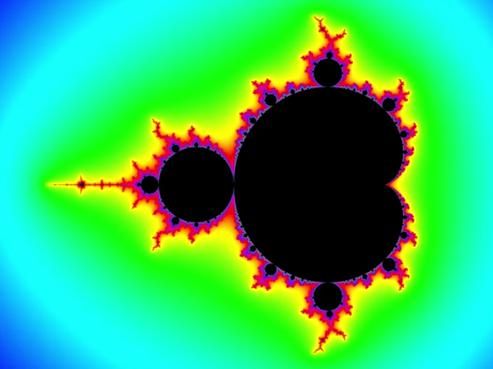Applying Modern Mathematics
Professor Raymond Flood gives a series of lectures on the development of mathematics in the twentieth century.
Professor Raymond Flood is Emeritus Fellow and a member of the Continuing Education Department at Kellogg College, Oxford, and is Professor of Geometry at Gresham College.
Raymond Flood has spent most of his academic life promoting mathematics and computing to adult audiences, mainly through his position as University Lecturer at Oxford University, in the Continuing Education Department and at Kellogg College. In parallel he has worked extensively on the history of mathematics, producing many books and writing diverse educational material.
(from gresham.ac.uk)
 |
Butterflies, Chaos and Fractals
In 1972 the meteorologist, Edward Lorenz, delivered a lecture with the title Predictability: Does the Flap of a Butterfly's Wings in Brazil Set off a Tornado in Texas?
Public Key Cryptography: Secrecy in Public
For centuries massive intellectual effort has gone into methods of ensuring secure communication, because of its importance in diplomatic, commercial and military affairs.
Symmetries and Groups
One of the most important patterns that a mathematician looks for is whether or not an object has symmetries i.e. is left unchanged or invariant after some operation, for example reflection or rotation.
Surfaces and Topology
If we count the number of vertices, v, on a cube, v = 8, number of edges e = 12, and number of faces f = 6, then v¬ - e + f = 2. The same is true for a tetrahedron where v¬ = 4, e = 6 and f = 4.
Probability and its Limits
The modern theory of probability is considered to have begun in 1654 with an exchange of letters between Blaise Pascal and Pierre de Fermat, and has developed since then into the discipline which examines uncertain processes.
Modeling the Spread of Infectious Diseases
Mathematics has proved to be of considerable benefit in modelling the population biology of infectious diseases by examining the rate of change of the proportion of the population susceptible to, infected with and recovered from a particular infectious disease.
| Related Links |
| Shaping Modern Mathematics The 19th Century saw the development of a mathematics profession with people earning their living from teaching, examining and researching and with the mathematical centre of gravity moving from France to Germany. |
| Mathematics and the Making of the Modern and Future World A series of public lectures showing how relevant mathematics is to all of our lives, and the process by which mathematical ideas move from the abstract to the practical, and also transfer technology between very different disciplines. |
| History of Mathematics This course provides an overview of the history of mathematics from the ancient Greek mathematics to the modern one. |
| The Story of Maths This is a BBC documentary series written and presented by Professor Marcus du Sautoy, outlining aspects of the history of mathematics. |
| Mathematics: Making the Invisible Visible Often described as the science of patterns, mathematics is arguably humanity's most penetrating mental framework for uncovering the hidden patterns that lie behind everything we see, feel, and experience. |